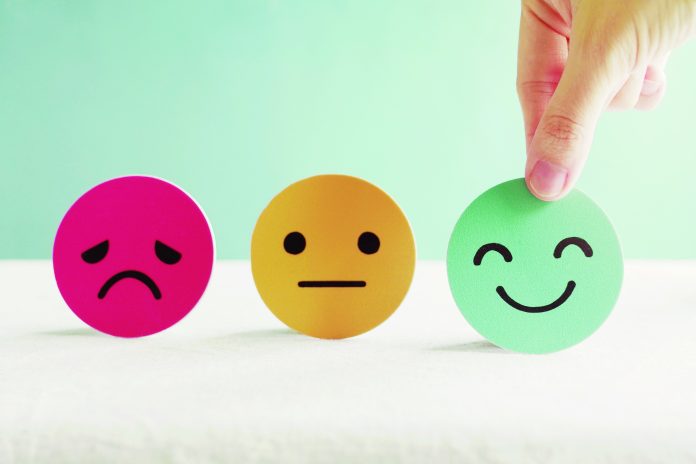
by Michelle Poon, Registered Psychologist
Happiness is defined as an emotional state characterized by feelings of pleasure, contentment, and a sense of satisfaction. During a state of happiness, we may feel energized, enjoy healthy relationships, and feel like we are living with a sense of purpose. Alternatively, during a state of unhappiness, we may feel disappointed, think more pessimistically, and experience fatigue and changes in weight or appetite.
However, life is a balance of a variety of emotions, both comfortable and uncomfortable, and it’s healthy to experience a wide range of emotions. Anxiety, sadness, guilt, and anger are all normal emotions, and they can help us grow and become more resilient. Life satisfaction does not come from feeling happy all the time, but instead stems from evolving factors such as mindfulness, living by your values, and responding more effectively to unhelpful thoughts.
The following are ways to both increase life satisfaction, and cultivate more moments of happiness:
- Have more mindful moments – be in the here and now, practice gratitude, perform random acts of kindness, and pay more attention to the small things around you.
- Live by your values – identify what you want to stand for in life and incorporate these values into activities such as volunteering and/or other community involvement.
- Reframe and respond more effectively to unhelpful thoughts – consider alternative perspectives, focus on the bigger picture, and let go of thoughts that aren’t enhancing your life.
Keep in mind that the above strategies take committed action and time. It’s always okay to ask for help and to try out different strategies to find the one that works best for you.
“Even if happiness forgets you a little bit, never completely forget about it.” – Jaques Prevert









